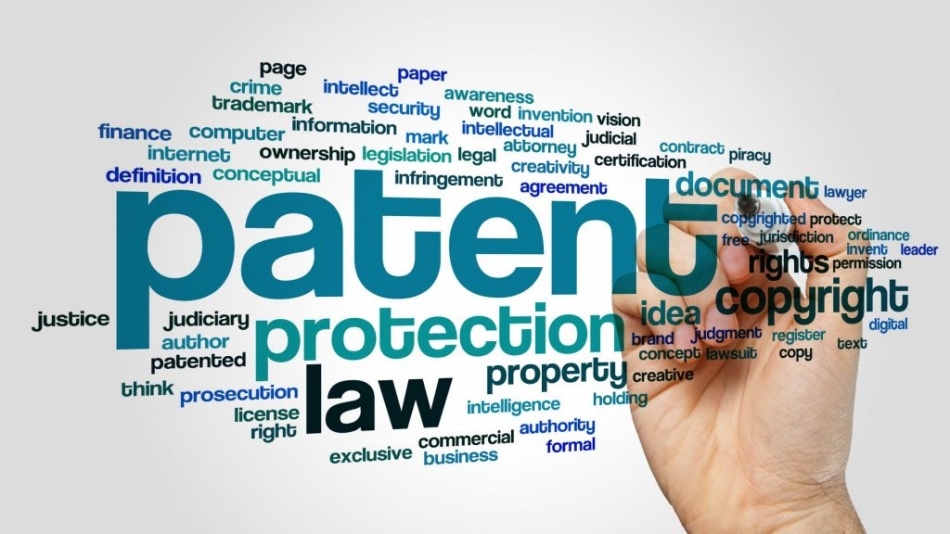Despite Clariant’s significant worldwide intellectual property (IP) position related to phosphinate flame retardant products, we are concerned that some polymer compounders and Original Equip-ment Manufacturers (OEMs) are considering local Chinese suppliers for diethylphosphinate aluminium salt (DEPAL) based flame retardants.

This class of halogen free flame retardants, often combined with nitrogen containing and inorganic synergists, have become workhorses in engineering thermoplastics, mainly glass filled polyamides and polyesters, but also epoxy resins. Clariant has been developing and advancing this technology for over two decades, so that our patented Exolit® OP flame retardants have become the benchmark in quality and performance for phosphinate flame retardants in the market.
The current IP portfolio comprises 80 families with more than 500 individual patents or patent applications globally - they cover phosphinate-based flame retardants, related polymer compositions and polymer products such as e.g. plug connectors, circuit boards, encapsulating compounds, power plugs, LED housings, capacitor housings, charging cables for cell phones, and engine covers. Even though we have been challenged by individual Chinese competitors, relevant patent rights remain valid and in force in many jurisdictions, including countries such as China, Japan, Germany, France, and the United States. Clariant has never authorized other manufacturers to produce its patent-protected phosphinate flame retardant materials, neither in China nor in other countries. Clariant continues to take legal action against potential infringers anywhere in the world.
Given that many OEMs are operating worldwide in electronic technologies, we kindly remind them to internally check for potential IP risks from phosphinate flame retardants.